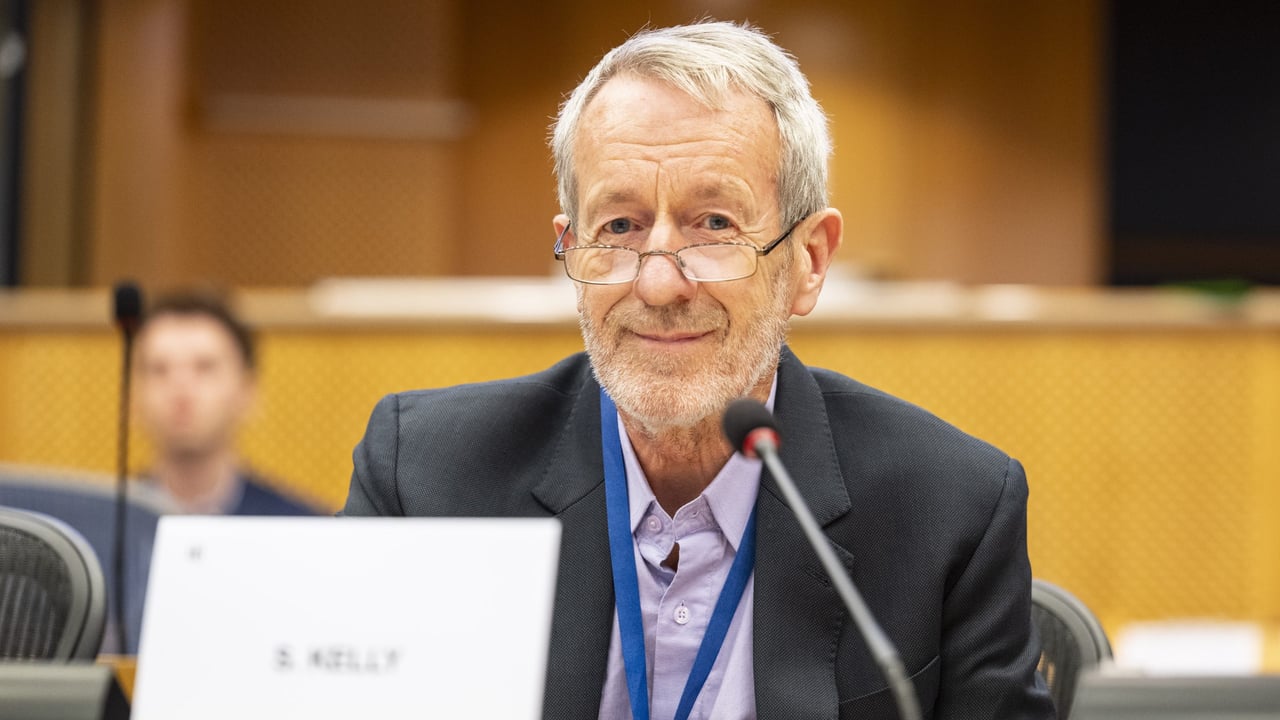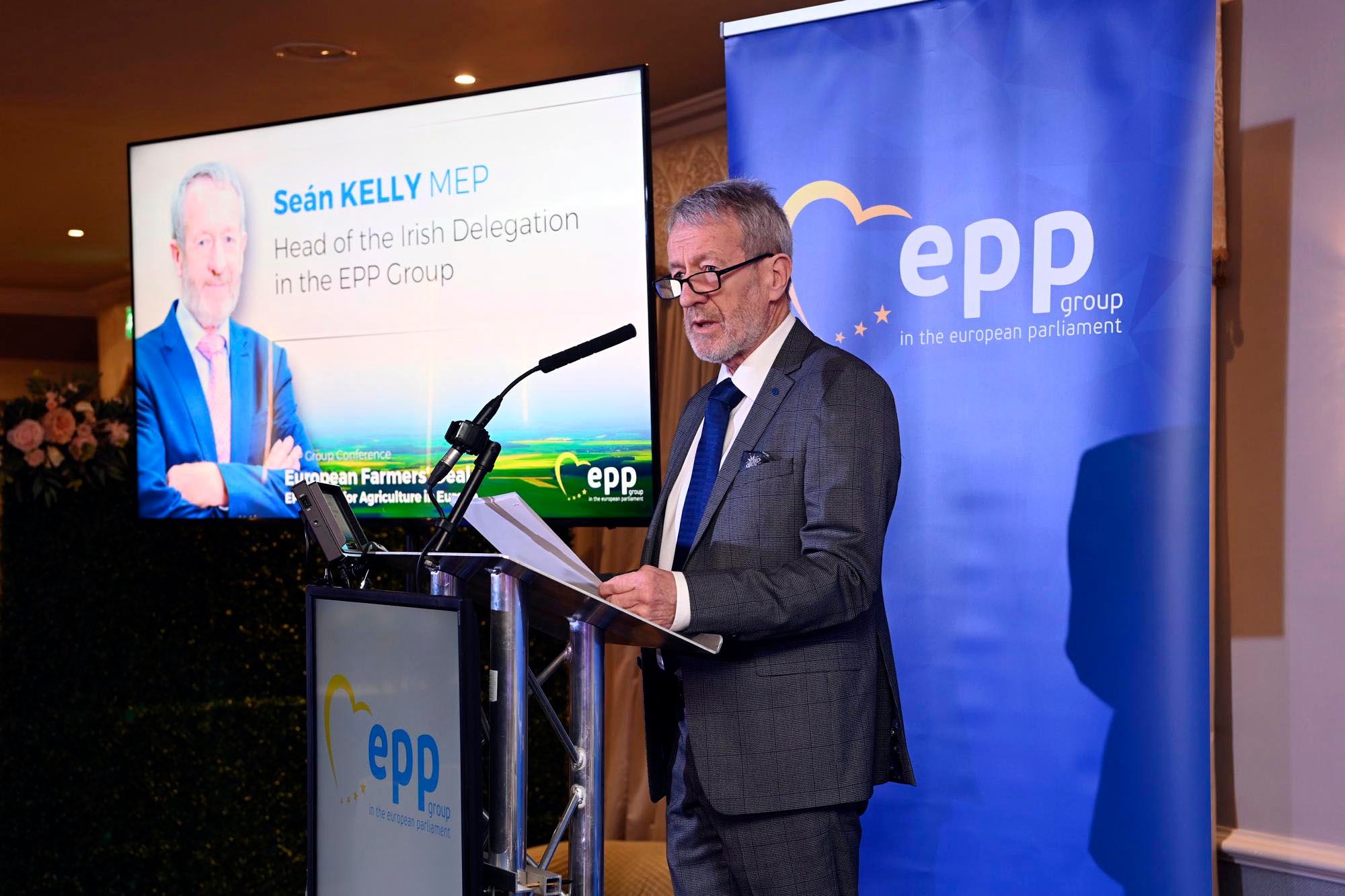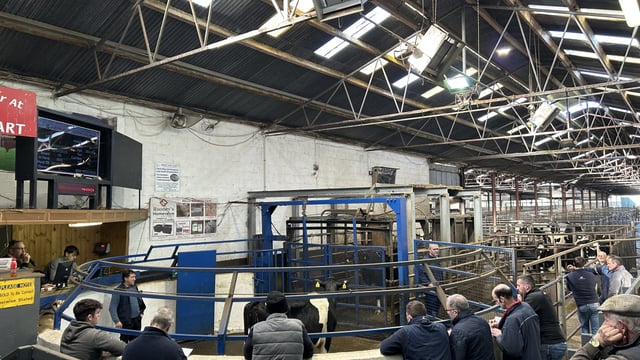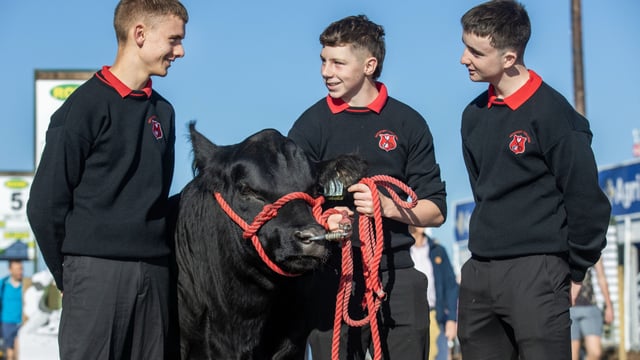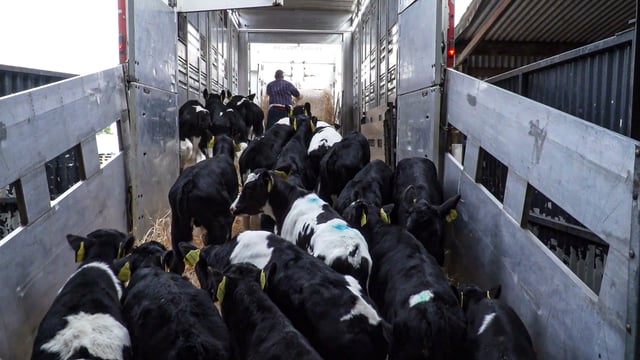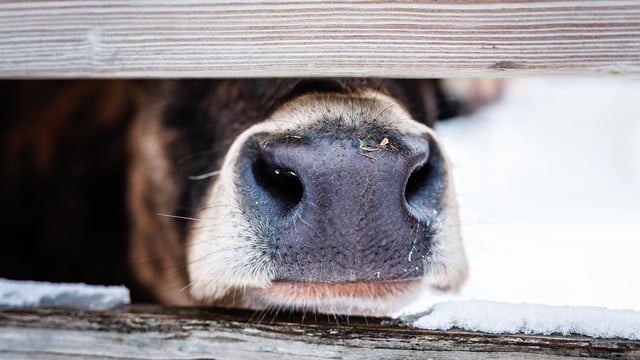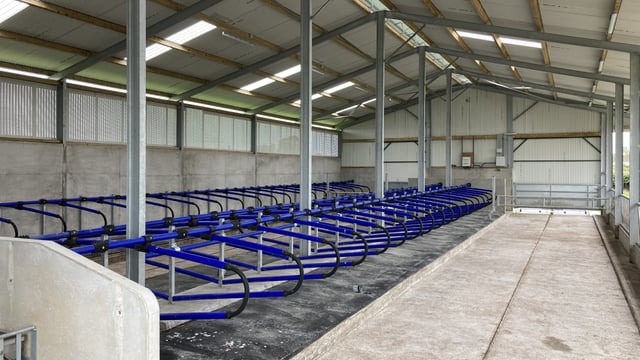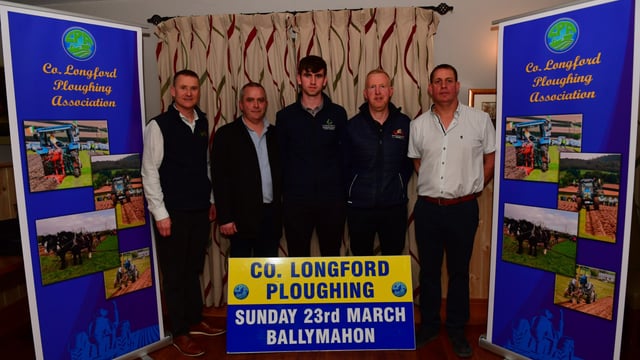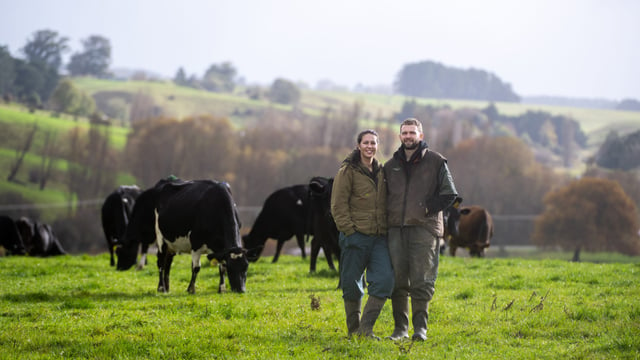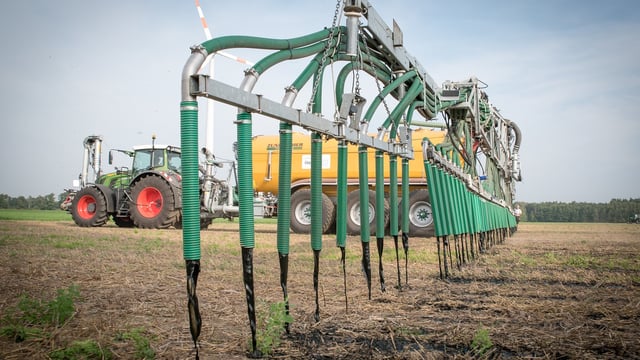Sponsored Article
Seán Kelly: Ireland must fight for well-funded simplified CAP
Sponsored Article

Ireland's place in Europe has evolved significantly since we first joined in 1973. No longer a net recipient of EU financial support such as Common Agricultural Policy (CAP) funding, we are now a net contributor to the EU budget.
While we now contribute more to the budget than we receive; the costs are minuscule compared to the enormous benefits of EU membership to the Irish economy.
In 2023, Ireland’s total annual contribution to the EU budget amounted to approximately €3.24 billion, while our direct financial return - excluding NextGenerationEU funds, which are based on collective EU borrowing - stood at €2.26 billion.
One aspect remains unchanged - when it comes to the EU budget, agriculture remains at the core of Ireland’s relationship with the EU.
In 2023, Pillar I and Pillar II of the Common Agricultural Policy (CAP) accounted for 65% of Ireland’s total draw-down from the EU budget, the highest share among all member states, demonstrating Ireland’s strong prioritisation of its farmers in how it allocates EU funds.
This highlights the central role of farmers and the agricultural sector in Ireland’s economic and policy priorities.
It also underscores the steadfast commitment of successive Irish governments to supporting our farmers at the EU level.
For context, other EU member states allocated an average of 34.84% of their EU budgetary receipts to agriculture.
The only countries that came close to Ireland’s level in 2023 were Austria (just under 60%), France (57%), Spain (56%), and Denmark (52%).
However, this also means that any erosion of EU agriculture funding would disproportionately harm Ireland compared to other EU economies.
It is essential that Ireland fights hard for a well-funded, simplified, and effective CAP that safeguards our farmers and our rural communities.
Additional budgetary priorities are emerging in Brussels. We see growing momentum among many member states to increase EU-level defence spending, particularly in the context of the war in Ukraine and the growing uncertainty around the future role of the United States in international security.
As Europe seeks to respond to our rapidly changing world, agriculture and food security must remain a priority; we cannot address these significant challenges at the expense of European farmers.
Discussions around new revenue sources, such as an expansion of the EU’s own resources system, increased member state contributions, or even more joint EU borrowing on the financial markets are certain to intensify.
Ireland, as a net contributor, must be constructive in these debates and be open to ways we can help to meet common European challenges.
However, we must also work hard to defend our economic interests and ensure that chosen pathways do not disproportionately affect us.
The new CAP
At the same time, discussions will also intensify on how we design the next CAP. This will be an important opportunity to improve what we have and make it work better for our farmers.
Farmers across Europe, including in Ireland, have made it clear - excessive bureaucracy is strangling the sector.
In addition to adequate funding, the future of CAP must focus on cutting red tape, simplifying administrative requirements, and ensuring direct payments remain a reliable support system for farmers.
The new CAP should streamline application processes, reduce overly complex environmental compliance measures, and ensure that farmers spend less time on paperwork and more time on production.
A simplified CAP is essential to maintain competitiveness, encourage generational renewal, and safeguard food production in Ireland and across the EU.
Nitrates derogation
A major challenge facing Irish agriculture is the future of our nitrates derogation. The derogation is currently under threat, and its loss would impose severe restrictions on thousands of farmers.
A coordinated effort involving the government, our 14 MEPs, our farming organisations, and other key stakeholders is required to secure the long-term future of this derogation.
We must work hard to encourage policymakers to prioritise science-based solutions, promote investment in nutrient management technologies, and ensure a collaborative approach with farmers to achieve environmental goals.
We must ensure a united and coordinated front at EU level so that Ireland's unique agricultural landscape is understood and respected in these discussions.
Trade
International trade and enhanced market access are critical for our farmers. As chair of the European Parliament’s Delegation for Relations with Australia and New Zealand, my priority is advancing the EU-Australia Free Trade Agreement (FTA).
In 2022, Irish exports to Australia totalled €1.56 billion, with imports at €107 million.
The EU-New Zealand FTA, which came into force last year, has expanded export opportunities for Irish farmers while protecting sensitive products.
Trade between the EU and New Zealand is expected to grow by 30%, saving businesses €140 million annually.
We must continue securing trade deals that enhance market access while upholding environmental and animal welfare standards.
What lies ahead?
The path forward requires pragmatism. Farmers must be supported, not burdened, by EU policies.
CAP simplification must be a central pillar of future agricultural policy, allowing farmers to focus on producing high-quality food while meeting sustainability goals without unnecessary red tape.
As well as working to protect our nitrates derogation, Ireland must be at the forefront of CAP negotiations, building alliances, and ensuring that the next budget delivers a fair, simplified, and well-funded future for Irish farmers and rural communities.
Sponsored Article


